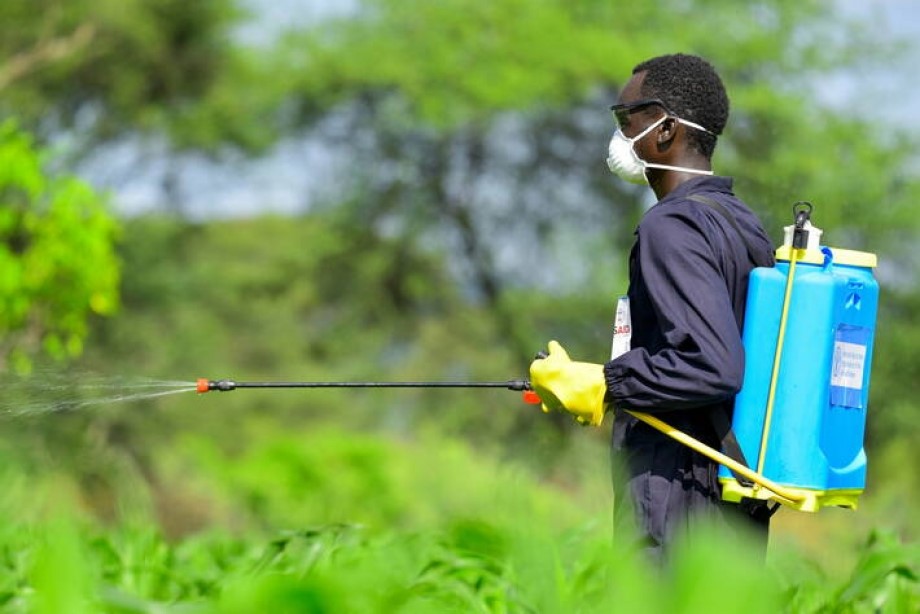
A Sprayer
Kenya is set to benefit from Sh1.7 billion in funding for pest control initiatives, as part of a larger $13 million grant by CropLife International targeting nine low and middle-income countries across Africa, Asia, and Latin America. CropLife, a Belgium-based global trade association of agrochemical companies, is spearheading this five-year initiative known as the Sustainable Pesticide Management Framework (SPMF).
This program is active in countries including Kenya, Morocco, Thailand, and Vietnam.
The SPMF is grounded in the industry’s core commitment to the International Code of Conduct on Pesticide Management and aims to foster the adoption of new technologies that support sustainable practices, such as Integrated Pest Management (IPM).
A significant focus of the program is on Highly Hazardous Pesticides (HHPs), with a goal of phasing them out in agriculture by 2035. The initiative is expected to produce safer, more affordable alternatives and promote their adoption.
Farmers are being educated on controlling an increasing number of new invasive species, a challenge exacerbated by global warming. Emily Rees, CEO of CropLife International, emphasized the complexity of addressing pollution, protecting biodiversity, and enhancing food security, noting that these interconnected issues require comprehensive and inclusive solutions.
Launched in 2021, SPMF is a collaborative effort involving CropLife and several leading agrochemical companies, including BASF Agricultural Solutions, Bayer Crop Science, Corteva Agriscience, FMC Corporation, Sumitomo Chemicals, and Syngenta AG. The rise in global temperatures has led to a significant increase in invasive pests and diseases, which, coupled with water scarcity, negatively impacts crop productivity.
